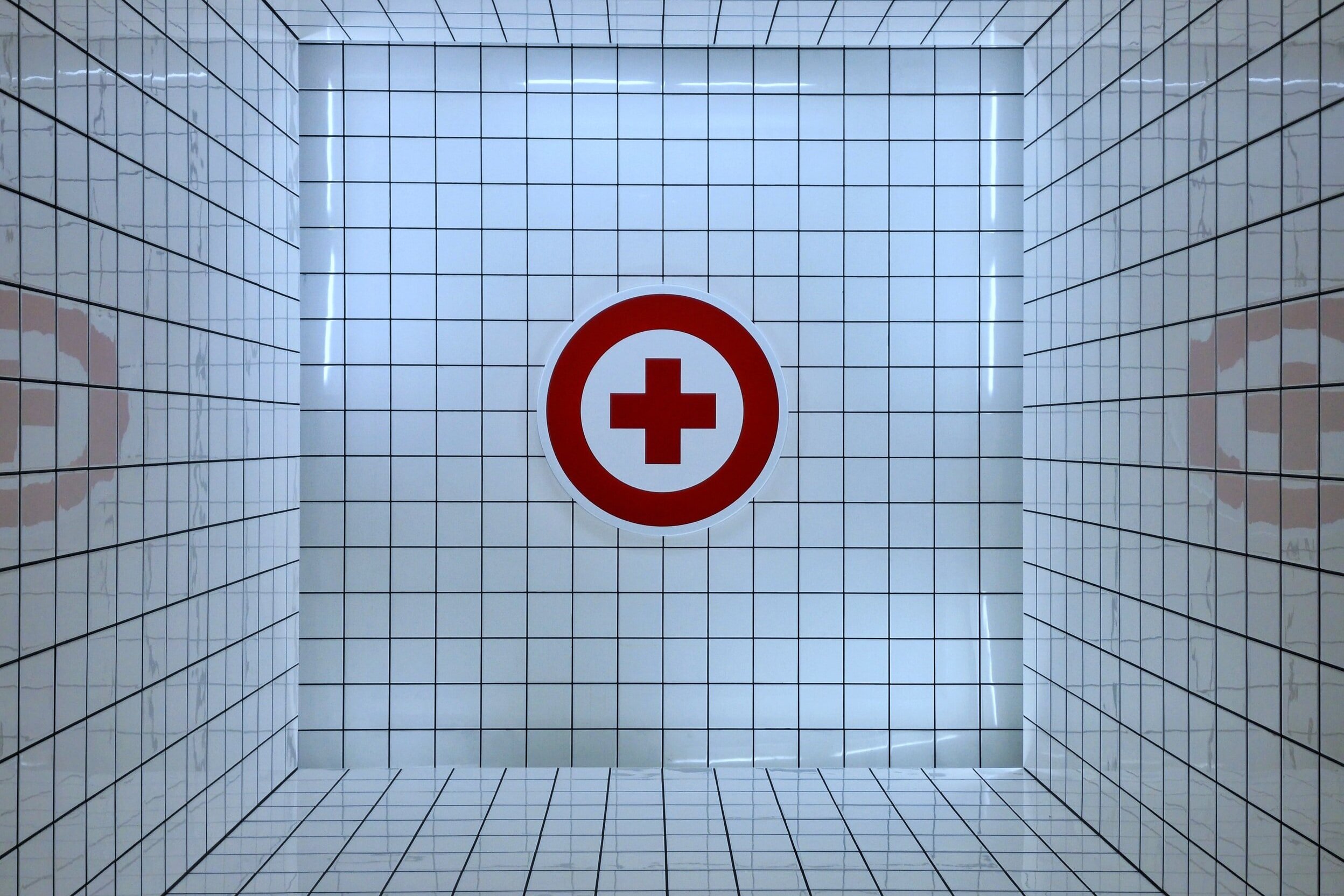What are the symptoms of anal cancer?
Symptoms that can occur with anal cancer include blood or mucus in the stools (or on the toilet paper), a change in bowel habit, anal or rectal discomfort or itch, a lump in the anus, or difficulty with control of bowel movements.
Sometimes anal cancer does not produce any symptoms. A positive stool test (such as the National Bowel Cancer Screening test) or anaemia (low red blood cell count) should be looked into, as they are sometimes associated with anal cancer.






